This week at Proctor marks the period of settling. Just as the leaves in their autumnal colors change and fall, so, too, does our affective model of education begin to shift, unfold, and deepen as a storyline in a novel does. Every school where I have worked has a rhythm all its own.
Listen: The Journey -- The Unclosing -- 10.15.2021
Of course, Proctor is no exception to this rule. Our cadence beats a bit different though--on purpose. The reason, I suspect, is that we honor where we are - as adults - and we try to think about where students might need us to be to aid them along on their way to their very own understanding(s). All of this comes within the highly relational school we continue to create together with students.

Mostly, what students crave are clarity and consistency within a landscape of emotional connectedness. At Proctor, we do this quite well. For instance, students who say they LOVE math (all in capital letters) claim they do so because it offers them the ability to dig and dig and dig to find “a” right answer. For those math-loving students, this journey of the mind accepts that there may be multiple ways to get to “a” right answer, but the answer is the answer. I’m sure those of you who love math might differ here but there is a kind of “brain gym” work-out elegance that comes with putting your mind to the test when it’s working on solutions in a math problem solving exercise.
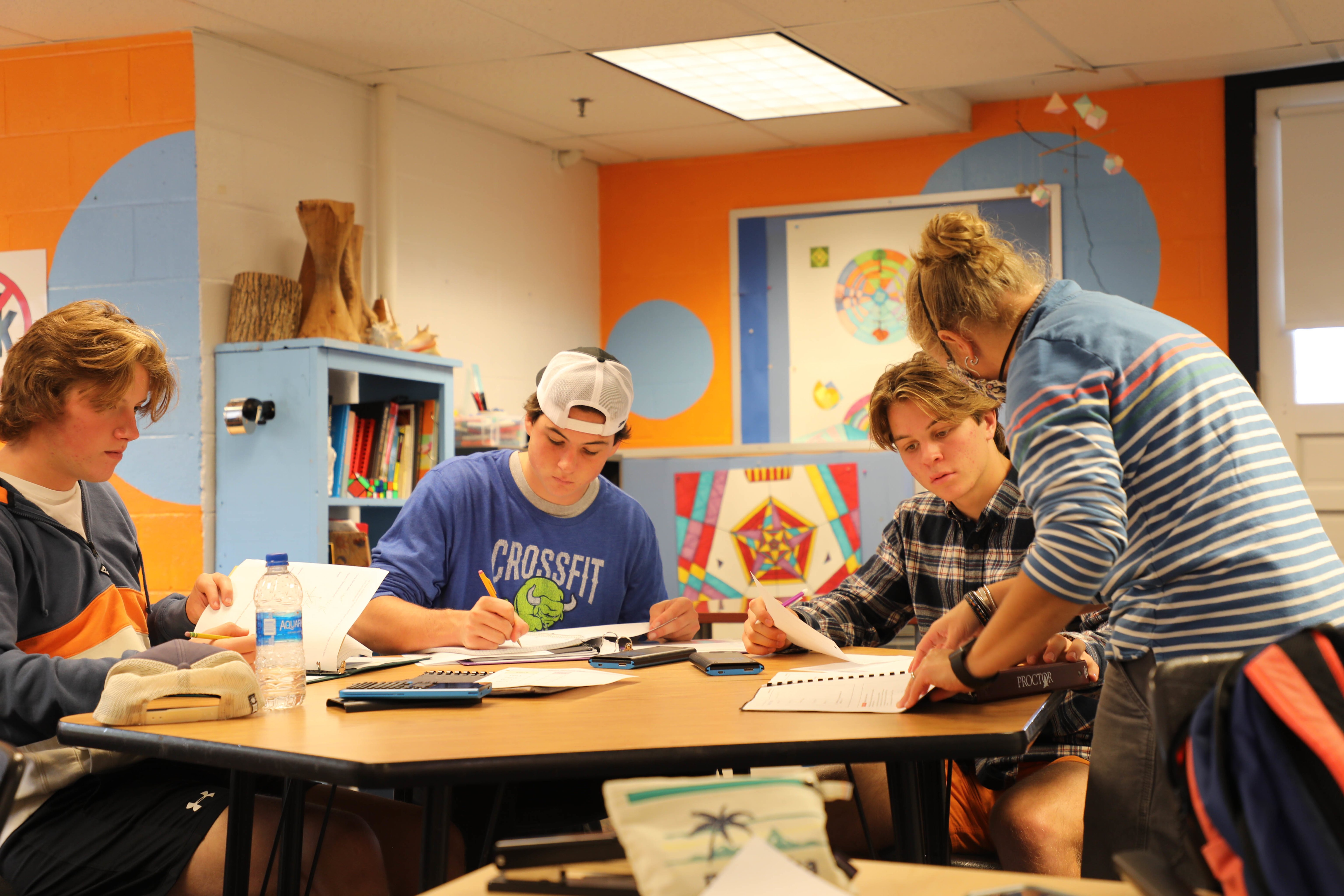
What I have seen at Proctor over my short time is that there are a multitude of ways of seeing and being in the world. Just like those lovers of math, we see the right and wrong answers as a pathway to clarity and consistency in our emotionally elegant journeys.
As teachers, we aid students along the way in other disciplines, too. We yield to what current research tells us, but we also have been practitioners and elevators (one who elevates!) of this highly relational model of education from the early days of Proctor’s history. Cognitive-diversity, neuro-diversity, or cerebro-diversity just means that all of our brains are wired differently, and it may take a host of routes and roots to understand or even learn a concept. As educational practitioners, we know this and remind ourselves of this--constantly.
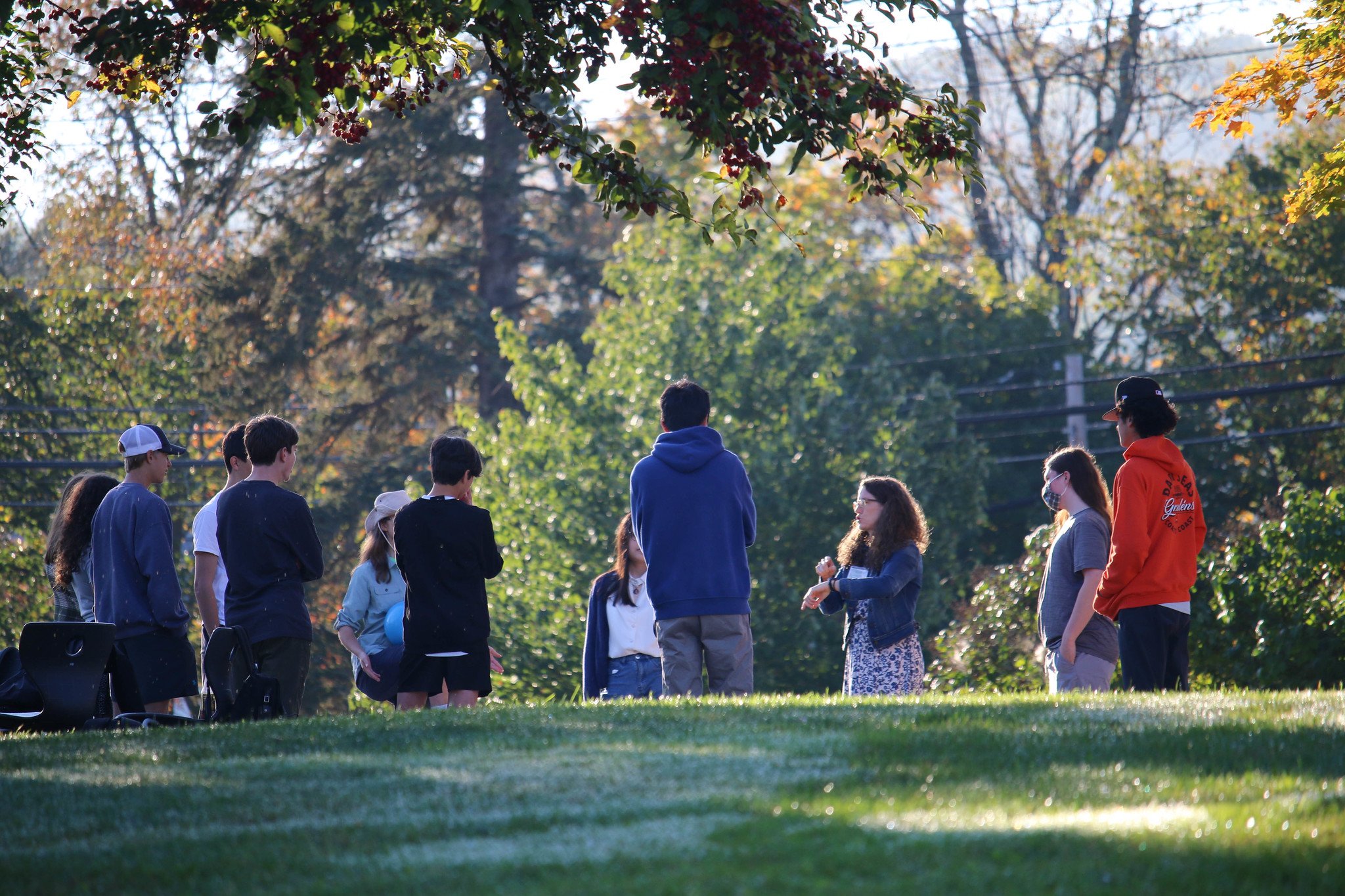
A few weeks back, I spent time in four different language classrooms trying to get a sense of how our teachers teach in their individual disciplines, and I looked for ways and signs of engagement in our students.
Not surprisingly, our teachers work hard. I mean, hard, hard. Every input and every utterance they put to good use are in service of their work for deeper meaning, emotional connection, and growth. Lots and lots of games are played. In one classroom, students were enticed by a maelstrom of competition. They had to quickly match or tap what they were hearing in the target language with locations of a dozen pictures on a white board. Every student participated and no one hung back. Indeed, there were no back rows in this or any of the classrooms I visited. Students were paired against each other - by chance - and they competed in a “Whose Line Is It Anyway?”-kind of way where the competition was silly and the points did not matter. My biggest takeaway in the class is that the students knew or even expected that they could not hang back. They were carried along as if they were a part of an invisible jetstream of learning and doing. They had to dive in, even if they had very little idea about the common everyday words and phrases they were asked to quickly point towards.
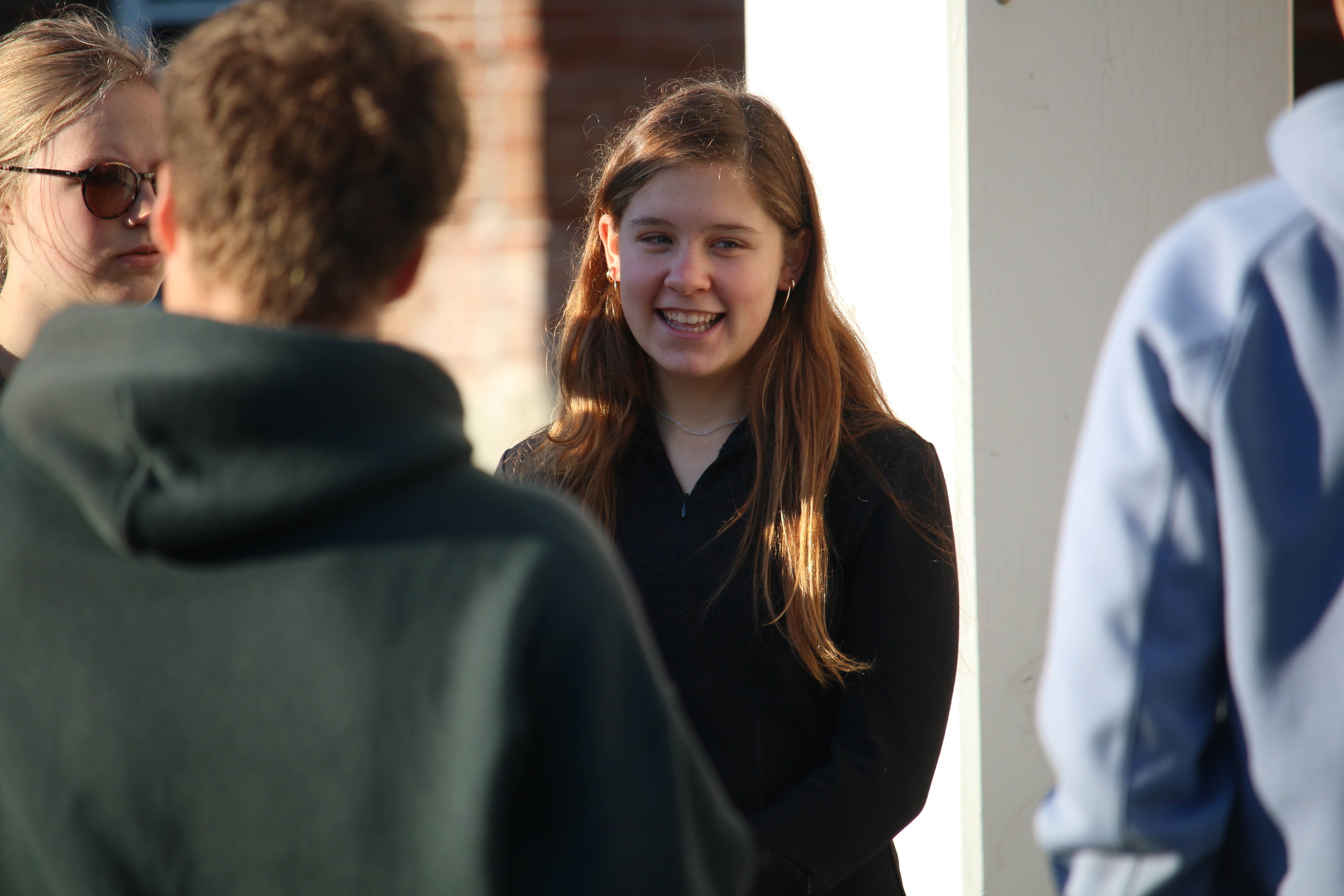
In another language class, the teacher was also physically giving her all. In a meticulous fashion, the teacher posted pictures of a mother and child on the white board. The trick of this exercise was that students had to dive into nuances of storytelling in the target language. You could almost see the wheels turning in their brains as they tried to help make the teacher’s unfolding story of a mother and her baby come into focus. In this scenario, the teacher asked for the students to be like movie cameras where the story unspooled carefully as she put picture after picture up on the board, carefully creating a more interesting and complex narrative as more of the story was told.
The work in both classes reminds me of EE Cummings’ “[somewhere I have never traveled, gladly beyond],” in which the deepest well of what we come to know can be touched and opened, if a person wills it to be so.
That’s what real learning looks like, right?!
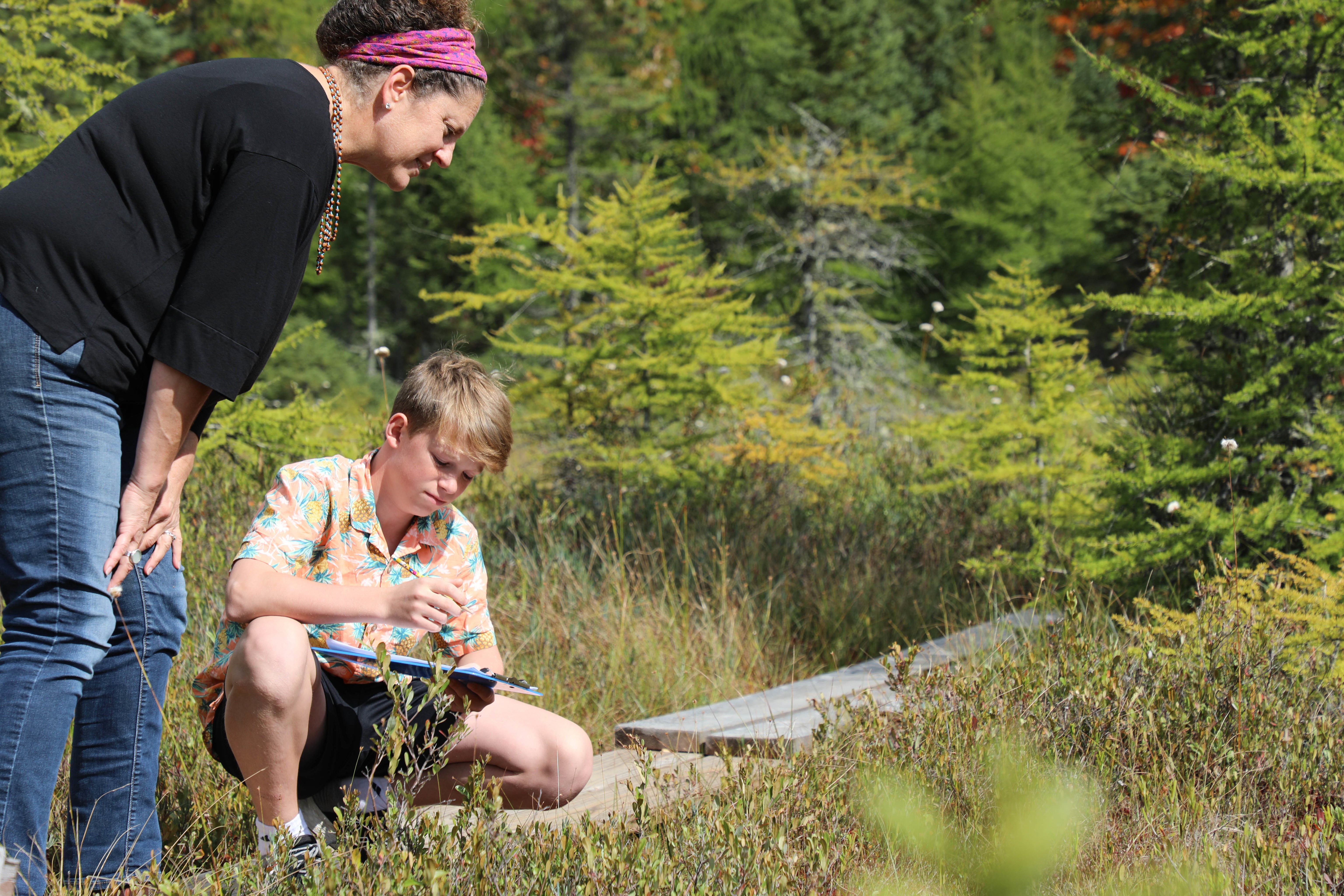
As I visit class after class, the moments of highly concentrated openings and unfoldings happen. Of course, some of our students have been in a number of schools and have not yet felt or tasted success. Proctor provides a different and perhaps more personalized definition of what succeeding means. For those students, a highly interactive approach that understands and values their emerging process works. For other students who have been successful in other school environments, it would appear that these particular students get to play and explore, shaping their own avenues of learning. (Project period, or Academic Concentrations, anyone? More on these opportunities later.) At Proctor, more project-based, hands-on experiences can and do work for students that have been successful in more traditional kinds of settings.
Of course, hundreds, if not thousands, of ways to come to understand how “the thing itself” is known can be seen as we travel through classrooms and look under the hood of our students' unfolding brains.
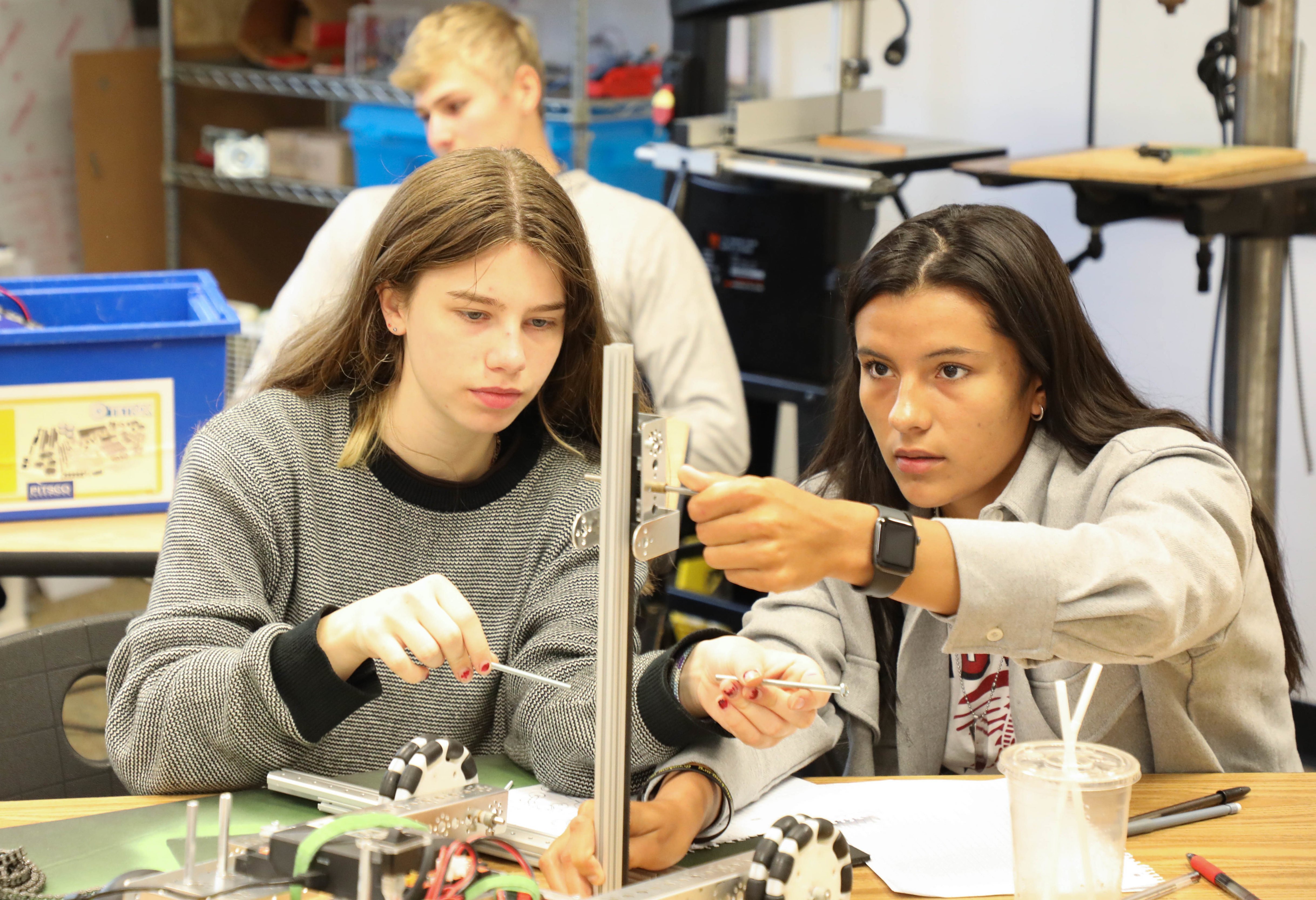
We do live to learn and learn to live in Proctor’s classrooms, as well as outside of them. People often see and get excited about the highly interactive experiential programs that define Proctor’s out of school classrooms. But the real Proctor magic begins here on our 2,500 acre campus on the edge of our world in Andover, New Hampshire. Our right answers are plentiful as we continue to explore learning and teaching that considers the myriad of people in our care. May it always be so.

Brian W. Thomas, Proctor Academy Head of School
Curated Listening:
This week’s reading is a meditation on the “unclosing” of the Proctor mind and the strong “affective” connections that we have with our students and their families. We continue to be bound together in a shared destiny, which is to unlock the power of each and every individual in our care in our own “Beloved Community.” This week’s Curated Listening and Curated Reading further explores the topic. Today, I encourage you to read or take a listen to EE Cummings “[somewhere i have never travelled, gladly beyond]”. Enjoy!








